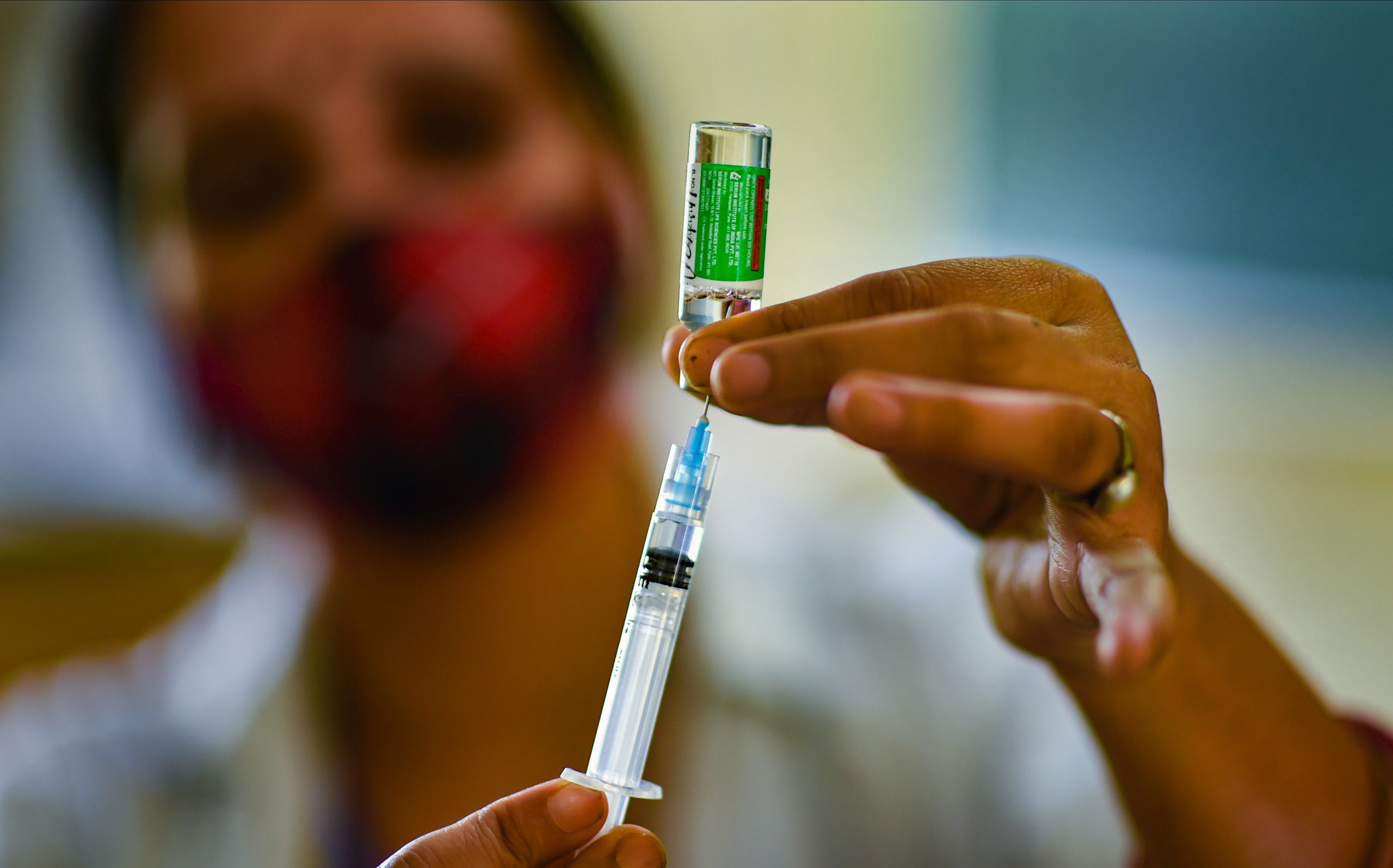The government of India on Wednesday relaxed norms to allow for quicker entry of COVID-19 vaccines like Pfizer and Moderna into Indian markets. Foreign vaccines approved by specific countries and WHO will no longer need bridging trials in India, the Drug Controller General of India (DCGI) said.
Pharma giants Pfizer and Moderna were among the companies that had requested the government for waivers like indemnity and for post-approval local trials. Quoting government sources, news agency ANI reports that the government may give such indemnity too. “It is expected to grant indemnity against legal proceedings along the lines of what has been granted in other countries for Pfizer and Moderna vaccine companies,” ANI reported.
Also Read: Canada extends AstraZeneca COVID vaccine’s expiry date, cites scientific evidence
The government decision will add to India’s vaccine basket and will not only offer a bigger choice to consumers but will also help in the government’s aim to vaccinate the entire eligible population by the year-end. For India to meet that target, the country needs to administer 1.88 billion doses, of which only around 11% have already been administered so far. Till May end, 215 million doses have been administered.
In the coming months, the following vaccines will likely be on offer in India:
Pfizer
Developed by Pfizer Inc., one of the world’s largest biopharmaceutical companies, and BioNTech, a German biotechnology company, the vaccine works by introducing a molecule to cells, known as messenger RNA (mRNA). This molecule teaches cells to make a protein from the virus that causes COVID-19, which is SARS-CoV-2.
Also Read: India records 132, 788 new COVID-19 cases, slightly up from yesterday
The body detects this protein and triggers an immune response. This creates antibodies, as well as longer-lasting immunity that can fight off future SARS-CoV-2 infections, according to medicalnewstoday.com
Requires two doses at three-week intervals and a possible third booster dose six months after the second dose.
Moderna
This vaccine is developed by Boston-based pharmaceutical company Moderna and follows the same process as the Pfizer vaccine. The vaccine contains genetic instructions for cells to make the coronavirus’ “spike protein”. The mRNA is wrapped in an oily shell that protects it from being immediately degraded by the body, and ensures it’s delivered into cells after injection.
Two -dose schedule, separated by 28 days
ALREADY AVAILABLE
Sputnik V
The vaccine, also known as Gam-Covid-Vac, uses two adenoviruses that are responsible for common cough and cold in human beings. The viruses are then combined with SARS-CoV-2 coronavirus spike protein to mount an immune response. It uses a cold-type virus as a carrier to deliver a small fragment of the coronavirus to the body. After being vaccinated, the body starts to produce antibodies especially tailored to the coronavirus.
Also Read: Is black fungus, or mucormycosis, limited to COVID-19 patients?
Requires two doses three weeks apart. Single dose Sputnik light is also available and Hyderabad-based Dr. Reddy’s Laboratories is in talks with the government to bring it to India.
Covishield
Developed by the University of Oxford and British-Swedish pharmaceutical giant AstraZeneca, and manufactured by the Serum Institute of India, works similarly to Sputnik V. It is made from a weakened version of adenovirus from chimpanzees.
Two doses required, 6-8 weeks apart
Covaxin
Developed by Indian pharmaceutical company Bharat Biotech and the National Institute of Virology, is different from the other two vaccines. It is an inactive vaccine and made up of killed coronavirus. When injected, immune cells can still recognise the dead virus, prompting the immune system to make antibodies against the pandemic virus.
Requires two doses, 28-days apart







